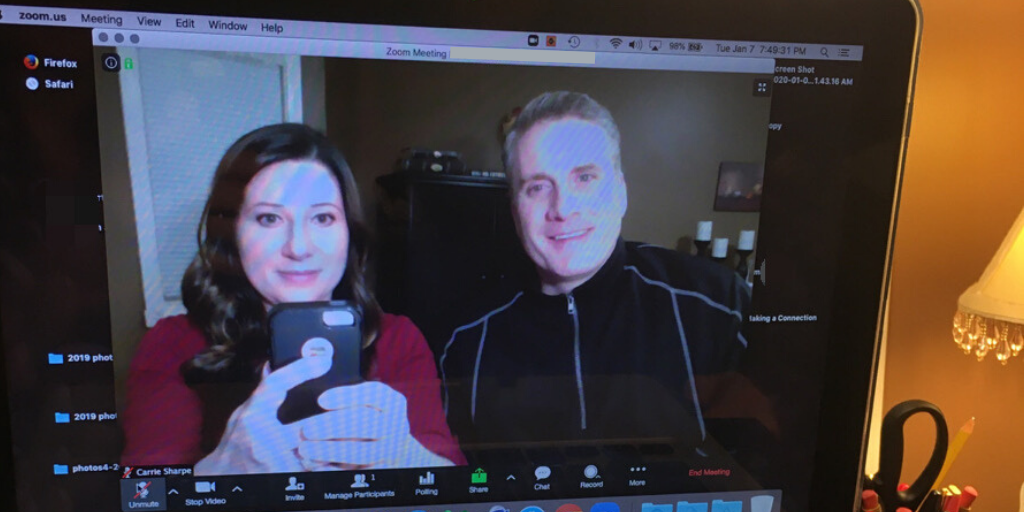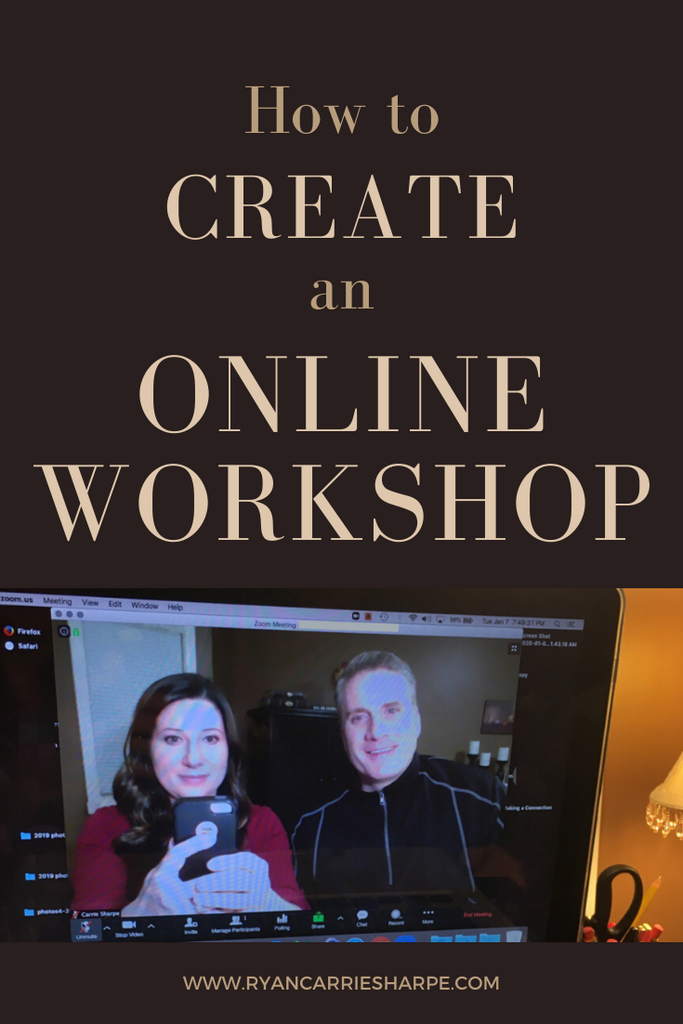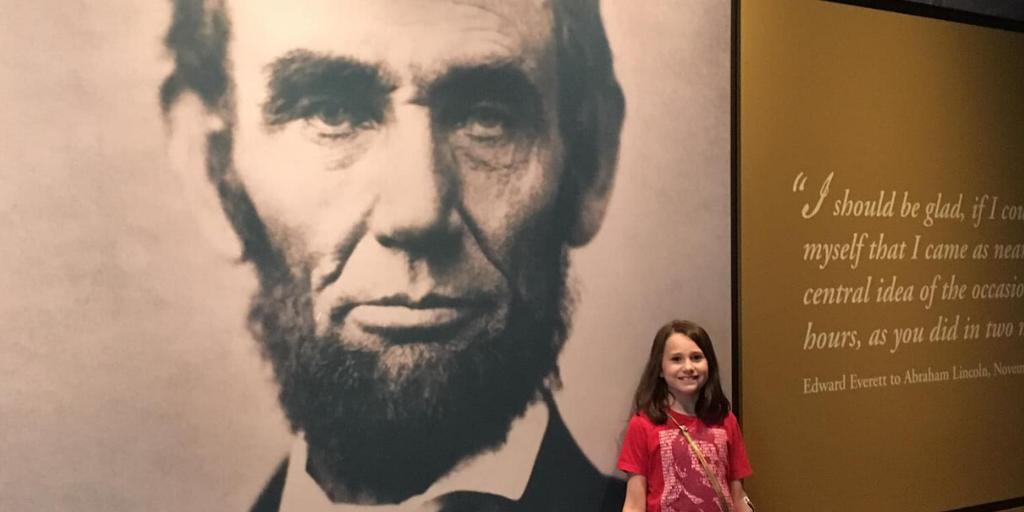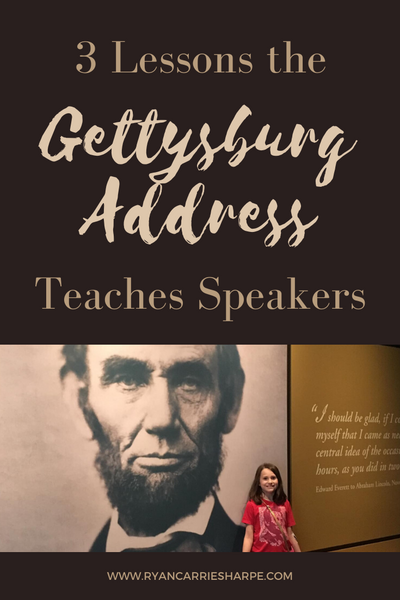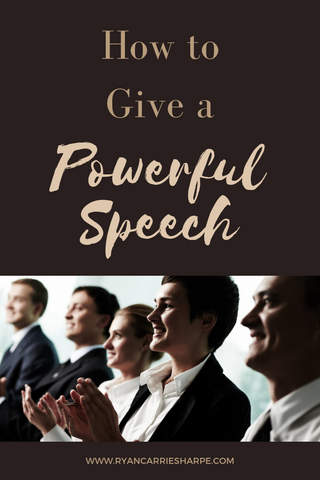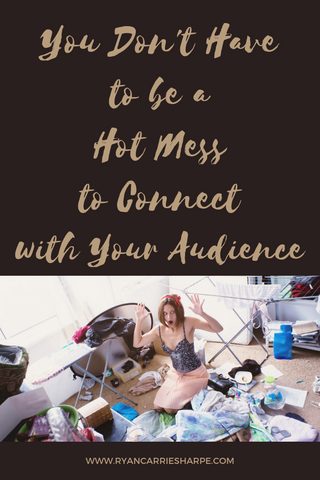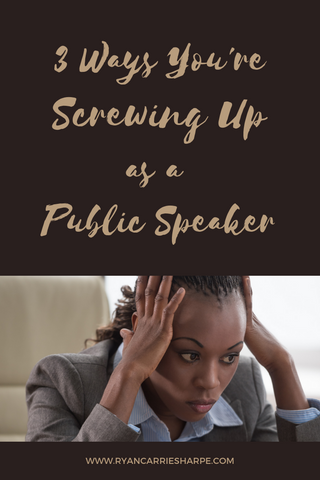
Top 3 Benefits of Public Speaking for Your Business or Brand
Public speaking is a powerful tool that can make a significant impact on your business or brand. Whether you are presenting online, delivering a speech in person, or participating in a panel discussion, public speaking can provide numerous benefits that can help you grow and succeed. In this article, we will explore the top three benefits of public speaking for your business or brand.
1. Public speaking establishes credibility and expertise. One of the key benefits of public speaking is the opportunity to establish yourself as a credible expert in your industry. When you deliver a well-prepared and insightful presentation, it showcases your knowledge and expertise to the audience. This can help build trust and credibility with potential customers, clients, and referral partners.
By sharing your expertise through public speaking, you position yourself as a thought leader in your field. This can lead to increased visibility and recognition, which can ultimately attract new business opportunities. People are more likely to trust and engage with a brand or business that is seen as an authority in its field.
2. Public speaking builds relationships and networks. Public speaking naturally facilitates networking with other professionals in your industry. When you speak at conferences or events, you have the chance to connect with like-minded individuals, potential clients, and industry influencers. When they hear your stories and relate to your experiences, you begin to build that "know, like, and trust" factor that is crucial to make sales.
Networking through public speaking can open doors to collaborations, partnerships, and new business opportunities. By sharing your expertise and insights, you can attract the attention of individuals who may be interested in working with you or your business. Building strong relationships with other professionals can also lead to referrals and recommendations, further expanding your network and customer base.
3. Public speaking significantly increases brand exposure and awareness. When you speak at conferences or events, you have the opportunity to reach a large and diverse audience. This exposure can help you attract new customers, clients, and followers.
Additionally, public speaking often involves media coverage and promotion. Conference organizers and event coordinators often promote their speakers through various channels, such as social media, podcasts, websites, and email newsletters. This additional exposure can help increase your brand visibility and reach a wider audience.
Furthermore, when you deliver a memorable and impactful presentation, attendees are more likely to remember your brand and seek out your products or services. Public speaking allows you to showcase your brand's unique value proposition and differentiate yourself from competitors.
Public speaking offers numerous benefits for your business or brand. It allows you to establish credibility and expertise, build valuable relationships, and increase brand exposure and awareness. By leveraging the power of public speaking, you can take your business or brand to new heights and achieve long-term success.
Are you considering utilizing public speaking to maximize your business or brand? Don't waste time wondering where to speak, which topic to speak on, and how to profit from speaking. Click here to sign up for a 60-minute Strategy Session with Carrie to build a framework for your public speaking success!

Carrie Sharpe is a Communication Consultant, Speaker, and Co-Owner of He says, She says. She is also Co-Host of the Speaking with Ryan & Carrie Sharpe podcast. Carrie earned her degree in Political Science and Psychology from Lake Superior State University. With over twenty-five years of experience and training, Carrie coaches clients in communication and public speaking skills. Carrie is a Huffington Post Contributor and has been quoted in a variety of publications including Forbes, Business Insider, and Bustle. Recently she served as Communications Director for the successful campaign of a candidate for the Michigan House of Representatives. Carrie and her husband, Ryan, reside in northern Michigan and have five children.










